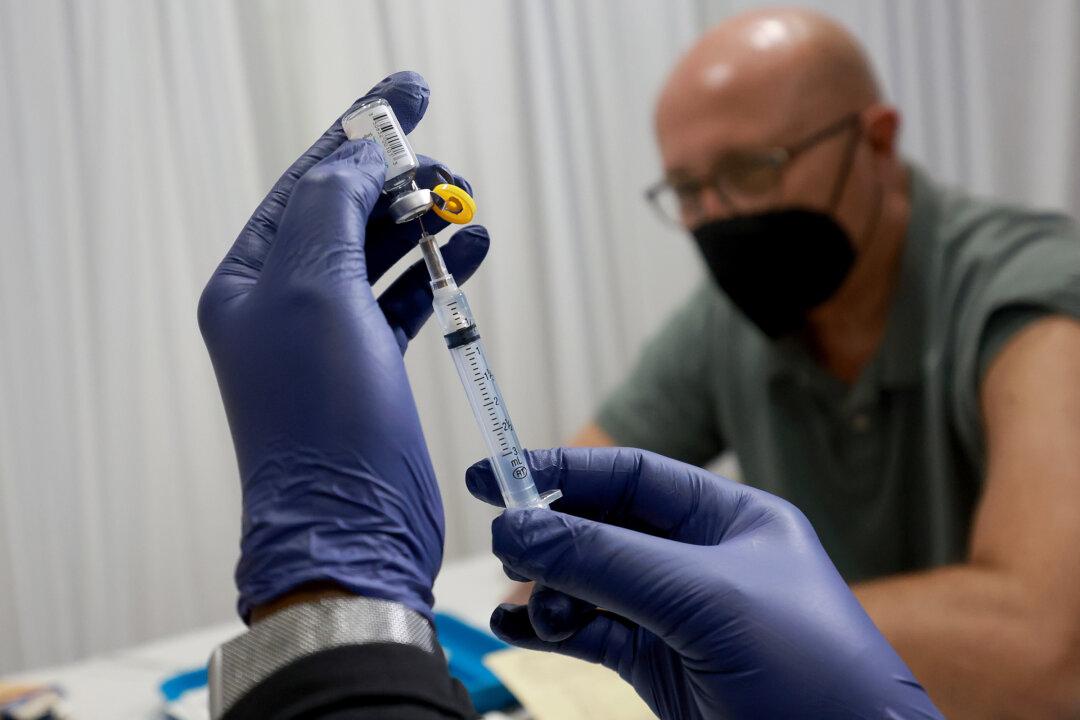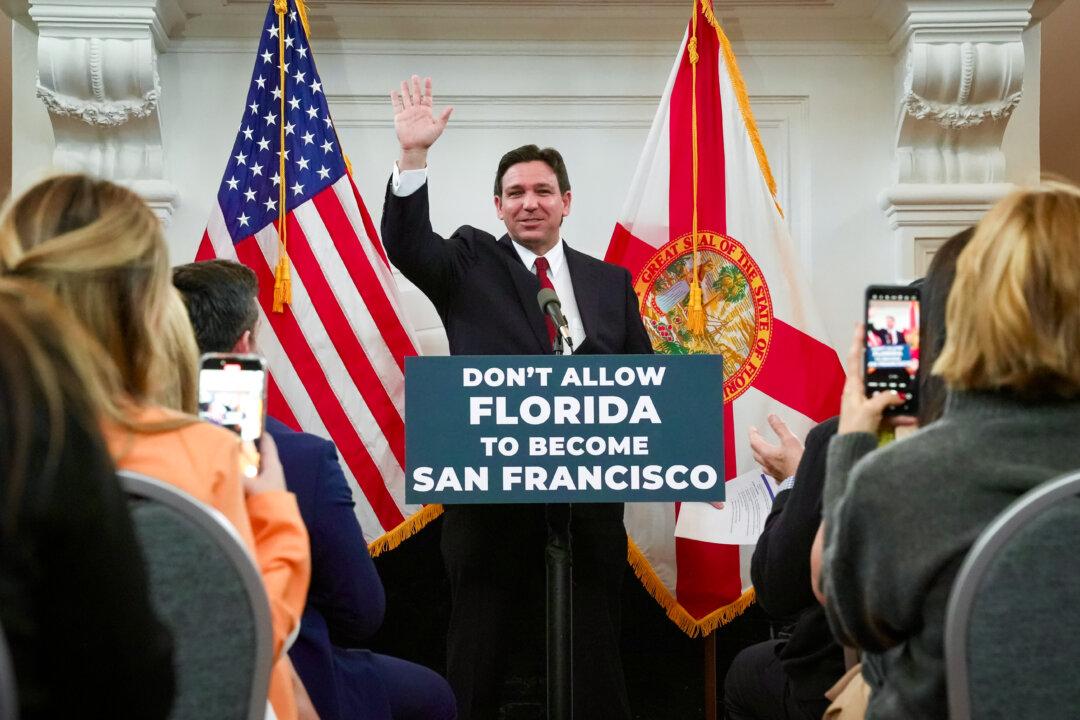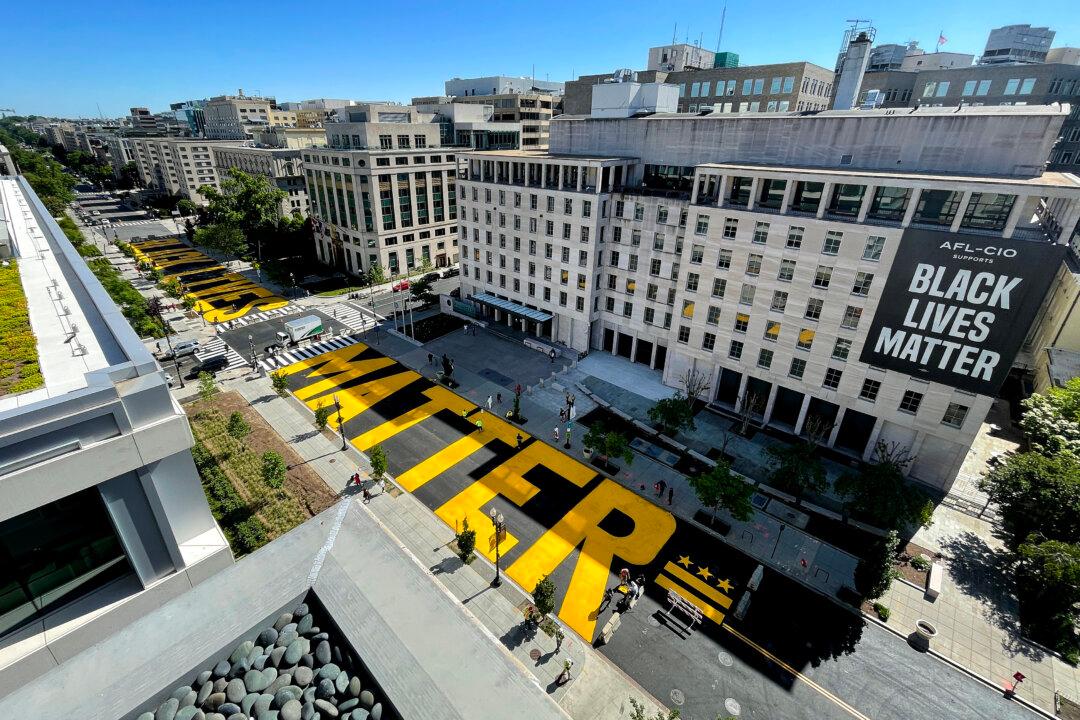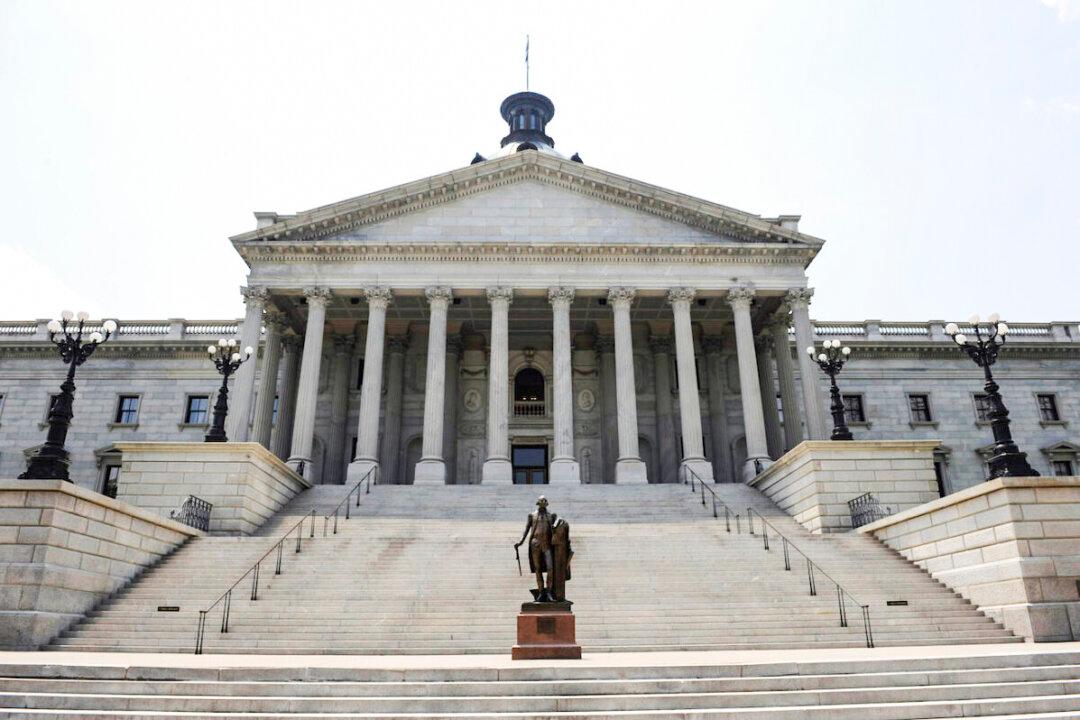Florida has a Republican governor, a Republican-led state House, and Republican-led state Senate. However, it also has some of America’s harshest forced quarantine and public health laws. Some activists plan to change this situation.
The freedom of Americans to go where they want is under attack from laws made to combat public health emergencies, said lawyer R. Shawn McBride, the president of the American Freedom Information Institute.




